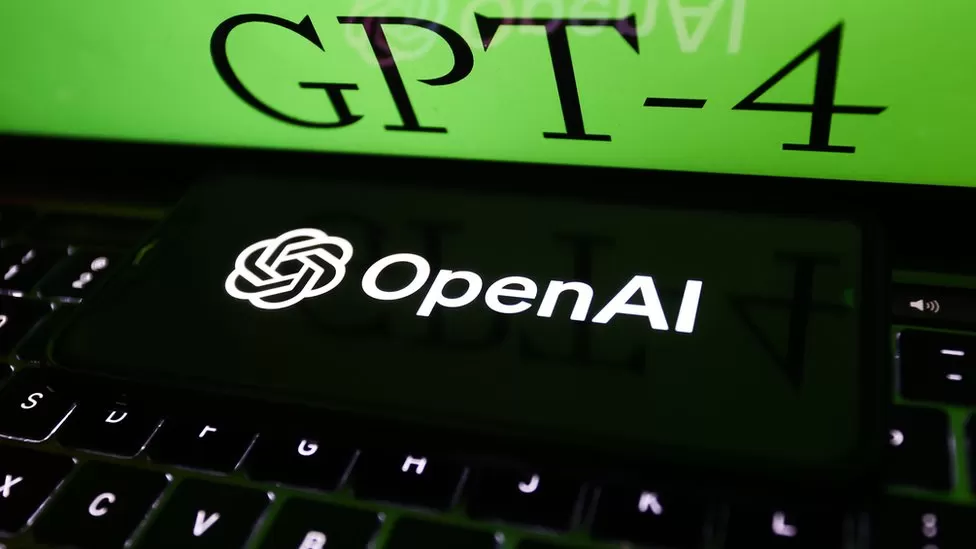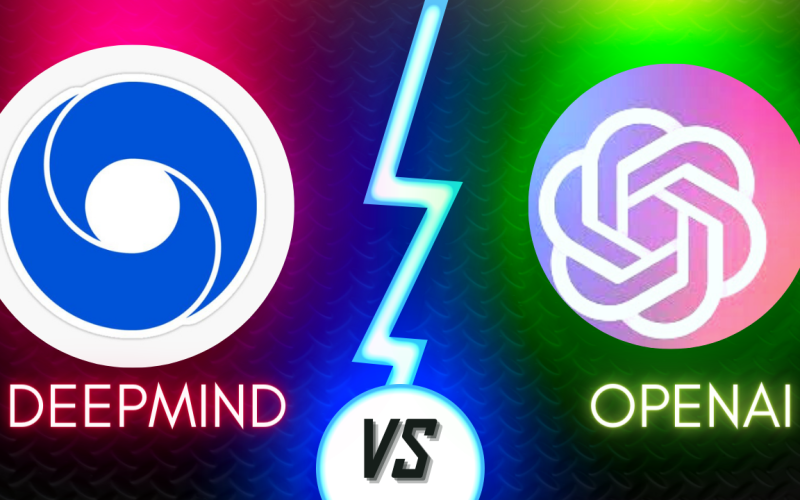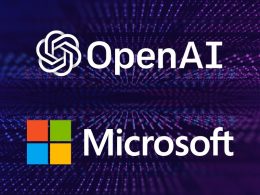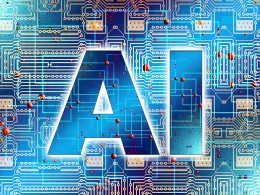ChatGPT, OpenAI’s immensely well-liked artificial intelligence chatbot, has been updated to version GPT-4, which has just been released.
The new model is able to provide responses to images, such as writing captions and descriptions, as well as providing recipe suggestions based on photos of ingredients.
Additionally, it has the capacity to process up to 25,000 words, which is approximately eight times as many as ChatGPT.
Since its initial release in November 2022, ChatGPT has been utilised by a massive user base.
The writing of songs, poems, marketing copy, computer code, and even requests for assistance with homework are among the most common uses for it, despite the fact that educators advise students not to make use of it.
ChatGPT is able to respond to questions in a language that is both natural and human-like, and it can also imitate other writing styles, such as those used by songwriters and authors. It does this by using the internet as it existed in 2021 as its knowledge database.
Concerns have been raised about the possibility that it will one day be able to perform many of the tasks that are currently carried out by humans.
OpenAI stated that it had trained GPT-4 on human feedback and spent the previous six months developing safety features for GPT-4. Nevertheless, it issued a warning that it might still be inclined to spread false information.
ChatGPT Plus subscribers, who pay an additional $20 per month for premium access to the service, will be the first people to have access to GPT-4 when it launches.
It is already used to power the Bing search engine platform developed by Microsoft. The multinational technology company has put $10 billion into OpenAI.
During a live demonstration, it was able to produce an answer to a complex tax query; however, there was no way to validate the answer it produced.
GPT-4 is another example of a generative form of artificial intelligence, similar to ChatGPT. Using algorithms and predictive text, generative artificial intelligence (AI) creates new content in response to given prompts.
According to OpenAI, GPT-4 possesses “more advanced reasoning skills” than ChatGPT does. For instance, the model is able to locate convenient times for gathering across three different agendas.
Additionally, OpenAI announced new agreements with the language-learning software Duolingo and the programme Be My Eyes, which is designed for those who are visually challenged. The goal of these partnerships is to develop AI Chatbots that can aid their users by making use of natural language.
However, similar to its predecessors, OpenAI has cautioned that GPT-4 is not yet completely dependable and may “hallucinate.” This refers to the phenomena in which artificial intelligence invents facts or erroneously draws conclusions.












